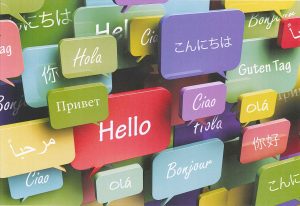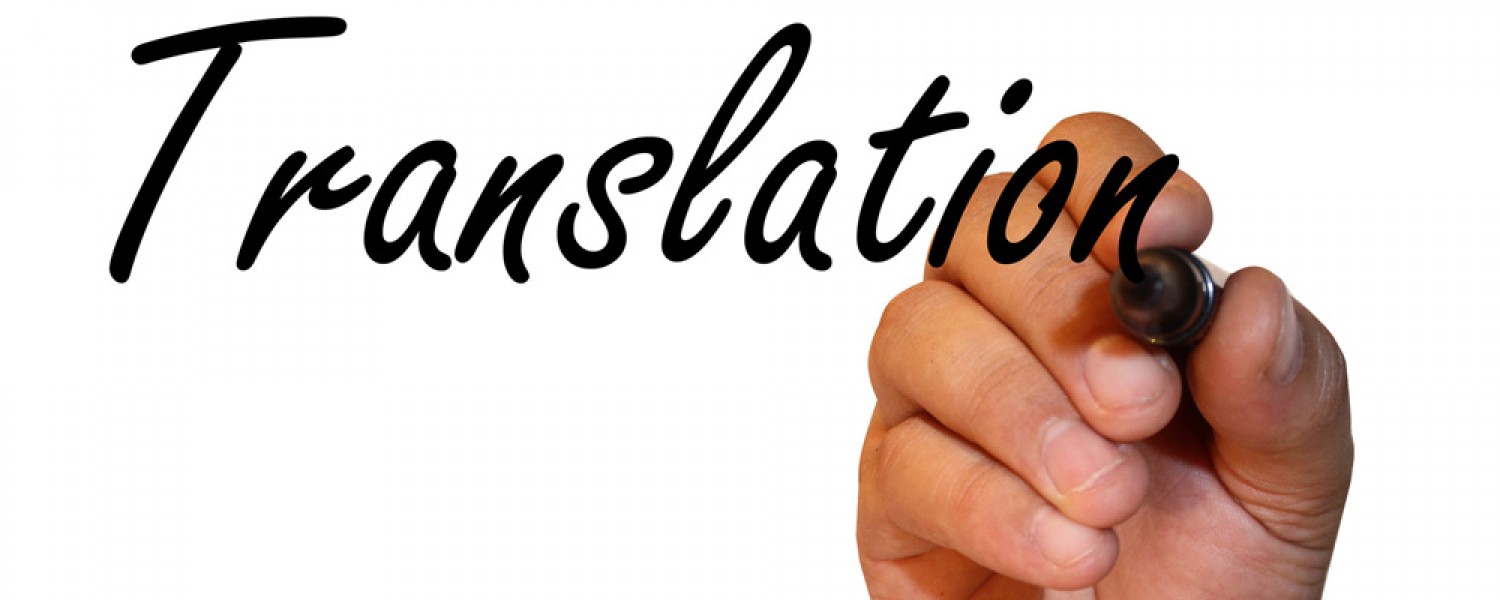Many countries, international companies and organizations cooperate with each other. One of the inevitable satellites of such activity is a considerable volume of documentationa and translation api. All the above mentioned factors create a growing demand for specialists in the field of written translation of legal documents.
A distinctive feature of this direction in translation is that the process of working on a document is time-consuming and therefore requires paying special attention to all details, deep analysis of each word in order to select the correct analogues.
The difficulty in translating documents of a legal nature is the specifics of the language. For example, almost all technical texts are in English. The translator must be fluent in all terminology and translate english to italian, as well as semantic features of each language, be aware of all the existing standards and commonly used language in order to translate the document created in a particular country.
The next stumbling block of legal translation is rightly considered to be terminology. Jurisprudence requires precise and concise expression of thoughts and does not accept a lengthy and vague treatment. Such texts are often full of well-established phrases, and also use complex grammar structures and special terminology. If the terminology is specific, there may be no analogues for an exact translation at all. In case of inaccurate translation, the document can lose its main feature, which will result in additional litigation or compensation of material damage.
Since a legal document has a lot of weight, its translation may require additional services. Authentication of the translation can be one of them. Such procedures are handled by notaries, translation companies or higher government agencies. In some countries such work is done by a certified translator.
Legal texts must be translated by a qualified translator. The translator must have a law degree as well as a linguistic one. Superficial knowledge of the legal system will not allow to translate the document qualitatively and fully. The translator must take into account not only the legal system of both countries, but also the mentality. The source and target texts may be in different legal systems, requiring different wording for each language. Consequently, the translator must have knowledge of the legal law of the source language country.
The types of legal translation that are currently relevant are:
– Translation of “template” documents (letterheads, certificates). Requires attention to exact information (dates, names).
– Translation of contracts and agreements of a commercial nature. These are often rush orders with a large number of inaccuracies and the document may have an uneven style.
– Translation of constitutional documents. Least problematic type of translation. They are of small volume and typical wording.
– Translation of the legislative acts. These can be both international and Russian acts, but there are no difficulties with translation. There are not very complicated constructions, there are a lot of repetitions.
It is not difficult to conclude from the above that legal translation is one of the most demanded, as well as labor-intensive types of translation. Consequently, a specialist in this field should be aware of all the details of work and have experience which would guarantee high quality of order execution. It is recommended to apply to a proven translation agency to avoid problems due to mistakes in translations.
